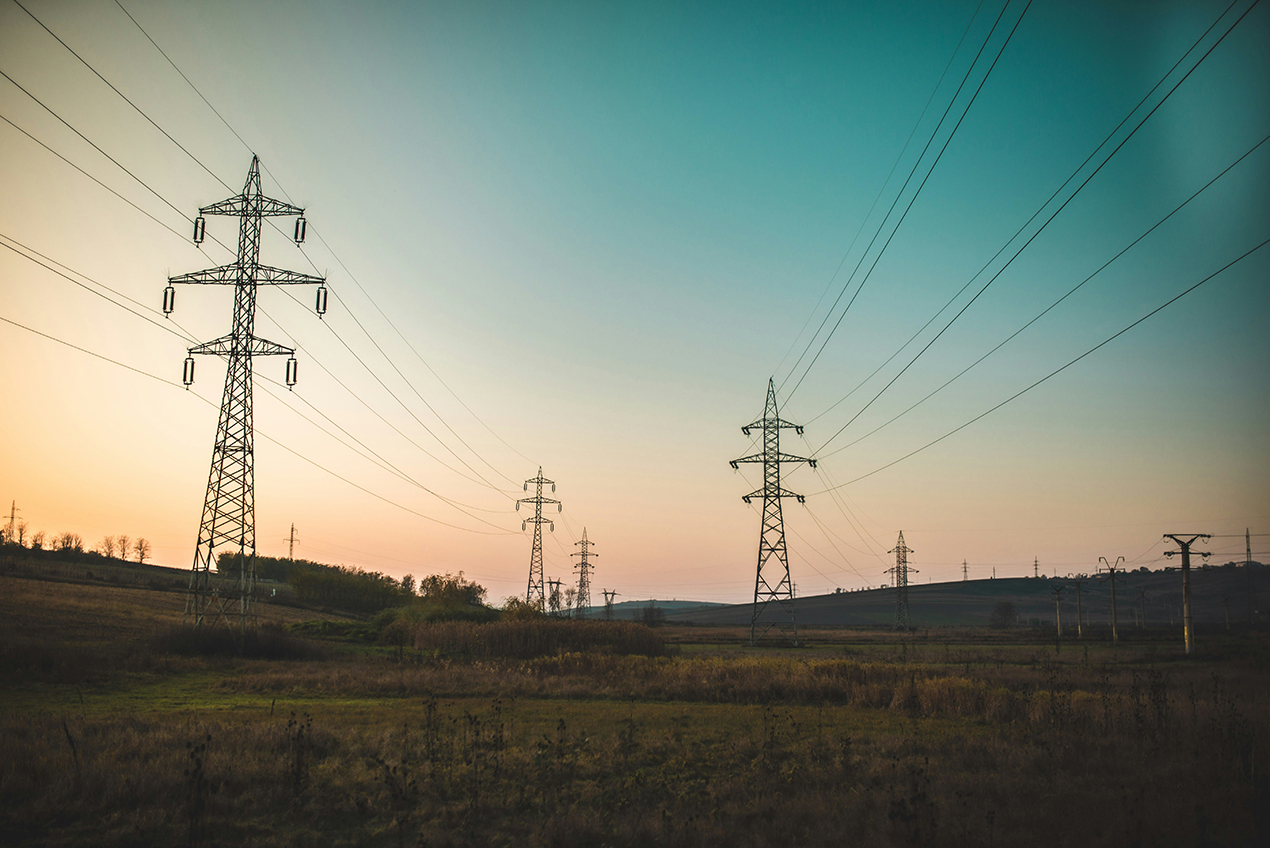News
Investment in European Energy and Power Markets will Pick up
A few days ago, an EU energy expert issued
an analysis report saying that although oil prices are still high, investment
in the EU's energy and power construction fields has begun to rebound from the
trough since 2005. The report said that in order to reduce carbon dioxide
emissions, EU countries are committed to technological innovation and
transformation in the energy and power fields to reduce dependence on and
consumption of traditional energy sources. These actions require more
investment. Statistics show that from 2000 to 2004, investment in the energy
and power fields in the EU's internal market has been on a downward trend. This
is due to factors such as the fragmentation of regional markets among member
states and the instability of international oil and natural gas prices. At the
same time, EU electricity production and supply have shown that they are
operating at full capacity.
In order to deal with this situation,
energy experts from some EU member states recently held an internal meeting to
study countermeasures. Experts at the meeting believed that the EU must break
national and regional restrictions on energy and power markets. Experts also
believe that although this will bring new challenges to the stability and
development of the EU energy and power market, for financial and investment
companies, new investment hotspots will once again favor the field of
energy-related infrastructure construction. If the EU and member states'
governments can seize the opportunity as soon as possible, adjust energy
development and supply policies, and increase investment, the EU's concerns
about insufficient energy and power production potential may be resolved in the
next few years.
However, the business community is still
not optimistic about the EU energy and power market completely breaking through
national and regional restrictions. According to an analysis report recently
published by a professional consulting, technology and outsourcing services
company, the energy and power markets of European countries will not be easily
liberalized to neighboring countries.
The results of a study by experts show that
the gap between electricity production and consumption in the EU is shrinking.
For example, in Belgium, the volume gap between electricity production and
consumption is already less than 4%. In order to maintain a safe volume gap of
5% between production and consumption, it is necessary for Belgium to invest in
a new power plant of more than 300 kilowatts (MW). .
Predictions show that some EU member states
may be plagued by a lack of power supply this winter, because European power
suppliers’ investments between 2000 and 2005 were very dispersed, resulting in
excess power production and supply in some countries or regions. The opposite
is true for other regions and countries.
All in all, to avoid the risk of
insufficient future energy, natural gas reserves and electricity production
capacity, the EU will need to invest 700 billion euros in electricity
production alone by 2030. In 2005, the EU's investment in electricity production,
transmission and grid connection The total amount is only 33 billion euros,
which shows that power investment activities within the EU will continue to
heat up.
Currently, 50% of the natural gas consumed
by the EU needs to be imported. It is expected that by 2030, the proportion of
natural gas imports will reach 80%, of which 25% will come from Russia. By
2030, the natural gas supplied by Russia will account for half of the total
imports of the EU market. To this end, it is necessary to build multiple
natural gas pipelines from Russia to Europe, which will be a huge investment.
According to information analysis brought
by experts from various countries at the EU Energy Discussion Conference held
in Brussels a few days ago, the European public and green environmental
organizations are very resistant to the policy of continuing to develop nuclear
energy. Therefore, it is difficult to expand the use and development of nuclear
energy in the short term. Most EU countries have started, but to reduce carbon
dioxide emissions, they need to invest a lot of money in clean energy and power
development and construction. At the same time, the research, development,
popularization and use of renewable energy will also become a new trend, which
will stimulate the governments and enterprises of EU member states to increase
investment in energy and power.
According to analysis by authoritative
organizations, in the new round of energy and power development, the
combination between French Suez and GDF, Swedish E.ON and Spanish Endesa
Electric Power Company in EU countries has Being favored by the industry, their
actions will become a bright sight in Europe's future energy and power market.
At the same time, Russia's rise in the European energy market is just around
the corner and will bring about more profound changes in European energy and
power supply and demand.

RELATED NEWS
- Overall Energy Consumption in the Netherlands Fell
- Scottish Wind Power Generation Increased by 20% Year-on-year in May This Year
- As of Q2 2020, India's Cumulative Installed Solar Capacity Reached 36.9GW
- EU Plans to Issue Emission Reduction Draft Met with Controversy
- International Oil Prices Rebounded Strongly to above US$37 per Barrel
